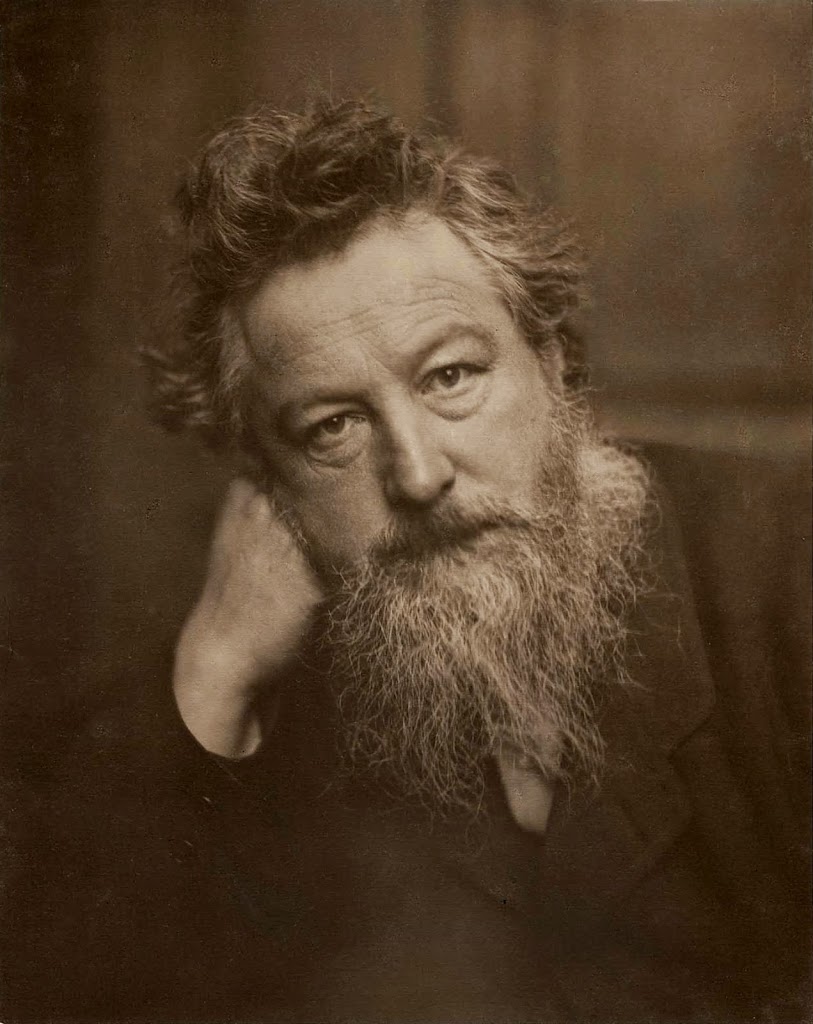
“Apart from the desire to produce beautiful things, the leading passion of my life has been and is hatred of modern civilization”.
These were the words of William Morris, written in 1894, two years before he died at the age of 62.
It is worth nothing that they were expressed within an article entitled “How I Became a Socialist”. Where today are the socialists who speak of their “hatred of modern civilization” – a civilization which is now considerably more modern and more deserving of our hatred than that which Morris knew?
Where indeed are the anarchists who would say the same thing?
It is a source of constant puzzlement to me that the idea of being against modern civilization has become separated from the notion of being an anarchist and regarded by many as a kind of cultish fringe point of view, to be sneered at with the same misplaced sense of superiority as that displayed by those who dismiss anarchism itself from the viewpoint of social conventionality.
After all, the civilization we live in is an entirely capitalist civilization. How can one be anti-capitalist and yet somehow draw the line at opposing the civilization that has been shaped in its image?
Obviously there are degrees of badness in a society and I understand how one can prefer one specific form of civilized society over another. For instance, as an opponent of capitalist exploitation, I would probably prefer a factory to be part of a nationalised industry than a corporate one. As an anti-statist, I would rather it was run by a workers’ co-operative. Ultimately, however, I would rather it didn’t exist at all.
Why do factories come into being in the first place? Because they are somehow an improvement on small-scale craft production? Because they are the most efficient means of producing large numbers of goods badly needed by our society?
No, of course not. They are all about maximising profit and about manufacturing products that can be sold to people, rather than those which are needed by people.
Why would an anarchist (or indeed socialist) society feel the need to have factories? Why would anyone want to go and work in one? The only reason people currently do so is to keep themselves and their families alive and maybe, in more fortunate parts of the world, in some sort of basic state of comfort.
In a future socialist or anarchist society, where wealth was held in common and wage-slavery abolished, this need would no longer exist, so who would volunteer to work even one short shift a week in a factory producing items not actually needed by the community and which were only ever churned out in the first place to make someone rich?
I’m not even going to start talking about environmental issues here, even though they’re of the utmost importance, because the argument stands without them. If you are not a capitalist, our civilization is simply not a good thing. Everything it introduced, it introduced to make money. Railway lines weren’t built to allow people to visit their friends or take nice day trips into the countryside, but to facilitate the exploitation of the land, to bring raw resources and food to the factories and cities, to transport workers to their place of exploitation and so on.
Washing machines weren’t invented to make life easier, but to make money and, at the same time, to help deliver up to the capitalist work/slavery system a section of the population it had previously been unable to directly exploit.
For me, an instinctive hatred of this civilization – of capitalism in a real, tangible and indeed inescapable form – has always fuelled and directed my political rebellion.
I’m sure William Morris would have questioned with me the authenticity of a so-called anti-capitalism which can see nothing fundamentally wrong with capitalism.
Leave a Reply